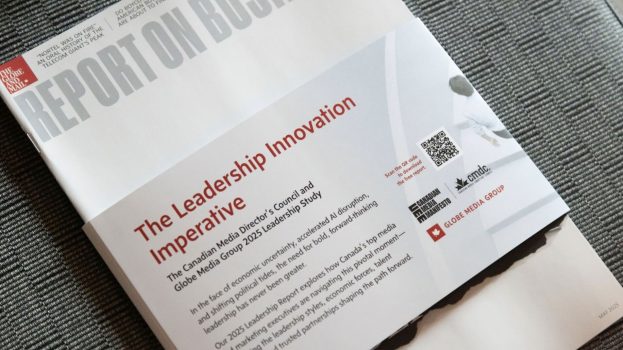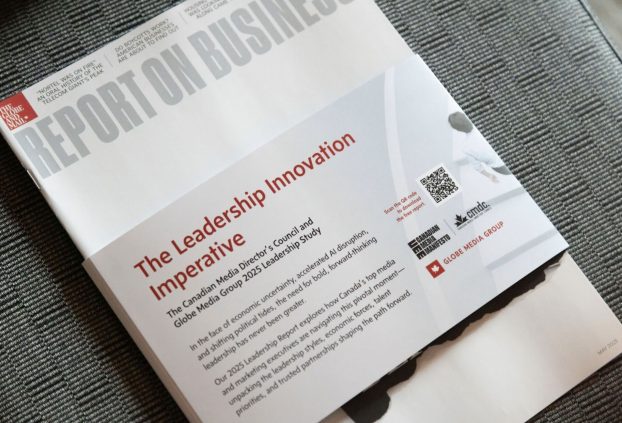Economist Howard Bowen published a book in 1953 called Social Responsibilities of the Businessman, which is often cited as the precursor to the modern concept of CSR. Some argue that CSR first appeared in ancient Greece. I would contend that this argument is as rhetorical as the concept of modern CSR itself.
CSR gained momentum in the 1970s, and by the 1980s, alongside REO Speedwagon and fad diets, emerged as a popular North American concept. Early out of the gate were some of the more sincere efforts by the likes of The Body Shop and Ben and Jerry’s, but before long it became a buzzword that eventually buzzed its way into an empathetic abyss.
Today the CSR buzz is back, louder than ever. There is a whole lot of buzzing and a whole lot of reporting, but there doesn’t seem to be a whole lot of honey being produced. Part of the problem is that CSR is a term that means many things to many people, resulting in a lot of lip service and little impact on the pressing issues.
The word ‘sustainable’ is applied without prejudice. Companies attach the term to efforts that keep their employees alive. Fair enough; it is much easier to sustain a business with live employees. It is also true that certain behaviours simply don’t fly anymore, such as using child labour. This does not sit well with the consumer. In any case, human rights must be a given, not a brag-worthy marketing tool.
It seems to me that the majority of CSR activities involve a barrage of press releases yodelling each responsible action from the mountaintop. Yodelling is a difficult genre of song to understand. It gets attention, but what exactly is the yodeller trying to say?
This display of bragging and philosophical rhetoric is frequently showcased in a company’s annual CSR or sustainability report. These are the nice shiny brochures with smiling families or faded landscape scenes on the cover. Many give new meaning to the acronym CSR: Contrived Sustainability Report. They are full of nicely framed ideas and positions that the company takes philosophically, with charters and codes of conduct and commitments to sustainability.
In 2004, Mattel issued its first CSR report, along with a press release announcing its creation and encouraging other toy companies to follow its lead. It lists, among the company’s core values, ‘unwavering integrity, taking ownership of all that passes in front of us, and being accountable for the results of the business and the development of our fellow employees.’
But it’s difficult to reconcile this statement with Mattel’s recent product recall. It is interesting that a company that takes ‘ownership of all that passes’ before them would attempt to pass responsibility for mistakes to the country that manufactured their product, to their specifications. (To be fair, Mattel later apologized to China, saying that 85% of the recall was due to its own design faults.)
It is not hard to see why public cynicism is rising. When you contrast the number of companies that preach caring with the actual results of their actions, it is difficult to keep your eyes from glazing over every time you pick up a CSR report.
Let’s call a spade a shovel here. There is no need to announce each time the CEO changes his socks and spin it as though he is doing his part to improve indoor air quality. We thank thee for changing thy socks, indeed, for the good of us all, but let’s do away with exaggerations and erroneous claims. Let’s do away with marketing behaviour that should simply be good business practice. It’s time we start making the changes that we so earnestly talk about.
Compliance and cost savings have nothing to do with creating a market or driving social change. It’s time CSR moved from corporate philanthropy to business strategy. Smart companies such as Home Depot, General Electric and Interface are market leaders in aligning their business and social investments into an integrated plan that achieves bottom line results and measurable improvements to the environment and society.
The opportunities to grow your business and make a difference are significant. It’s time to look at problems as opportunities. We need to create opportunities to make real changes to business, society and the environment. We need champions to come out of the gate swinging, and we need leaders who are not afraid to put the work in to drive this vision into real action.
It’s time to bury CSR, and embrace a new era of Corporate Social Opportunity.
Ian Morton is founder and CEO of the Summerhill Group, which develops programs that move the market toward better choices for consumers and the environment. www.summerhillgroup.ca























